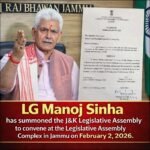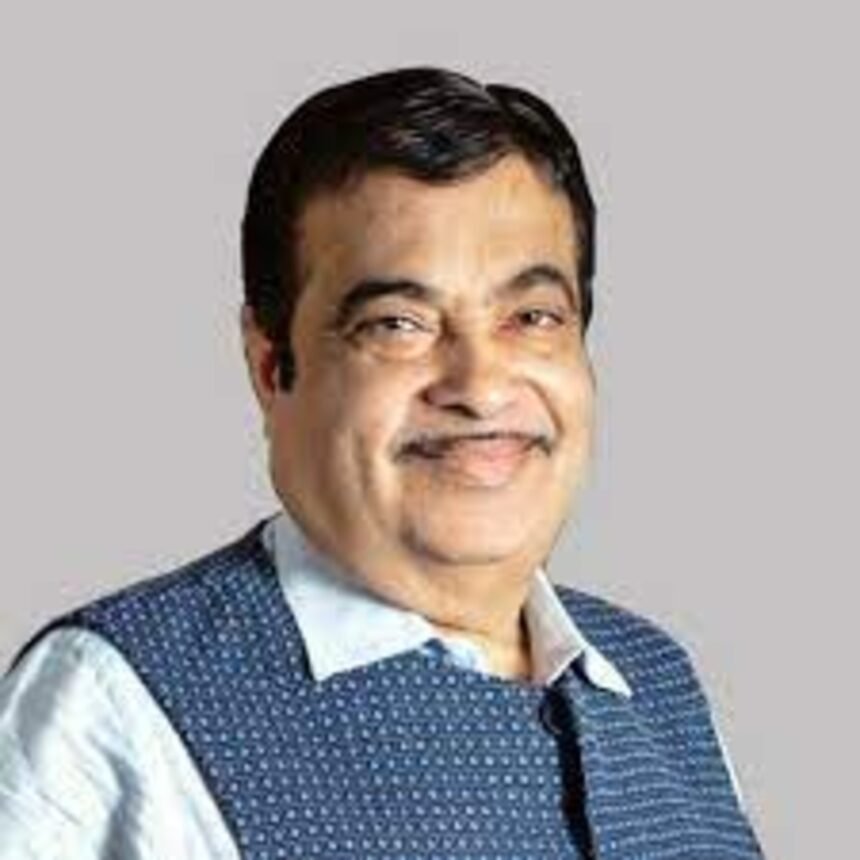August 18, 2023
Introduction
Union Road Transport and Highways Minister, Nitin Gadkari, has expressed dissatisfaction with the manner in which certain officials responded to queries raised by the Comptroller and Auditor General (CAG), regarding the cost of constructing the Dwarka Expressway in Delhi. The inadequate response has led to a heated controversy over the project’s expenses.

In a high-level review meeting, sources from the ministry revealed that Minister Gadkari conveyed his dismay over the lackluster attitude adopted by specific officials in addressing the CAG’s questions. He also directed the identification of the senior officials responsible for this oversight.
The controversy began earlier in the month when the CAG report highlighted the considerable cost of constructing the Dwarka Expressway. Ministry sources pointed out that the absence of a satisfactory response from the Ministry and the National Highway Authority of India (NHAI) led the CAG to employ an incorrect methodology for computing the project’s cost. The CAG’s approach involved dividing the total construction expenditure of Rs 91,000 crore under the National Corridor Efficiency Programme by the expressway’s entire length of 5,000 kilometres.
Ministry’s Argument
However, the ministry argued that this approach did not account for key factors like flyovers, ring roads, and other related costs. They also stated that the government had managed to save over 12% in construction costs compared to the initial estimates when awarding contracts for the expressway.
Furthermore, the CAG’s findings were criticized for not accurately reflecting the actual cost. The audit report claimed that the NHAI’s decision to opt for an elevated carriageway in the Haryana portion of the expressway escalated the construction cost to Rs 251 crore per kilometer, from the earlier estimated Rs 18.2 crore per kilometer.
The controversy over the implementation of Phase-I of the ‘Bharatmala Pariyojana’ highway projects also ignited a political dispute. Opposition parties alleged corruption in the project’s awarding process, triggering a heated exchange of accusations.
Ministry insiders provided insights into the tendering process, revealing that all four packages of the Dwarka Expressway were initially tendered at an average civil cost of Rs 206.39 crore per kilometer. However, the contracts were ultimately awarded at a lower rate of Rs 181.94 crore per kilometer. This resulted in an average civil construction cost that was 12% lower than the initial estimates.
Conclusion
The controversy surrounding the Dwarka Expressway’s construction cost continues to unfold as officials attempt to address the concerns raised by the CAG report. Minister Gadkari’s dissatisfaction with the officials’ response underscores the seriousness of the issue and highlights the need for transparency and accountability in infrastructure projects of such magnitude.










